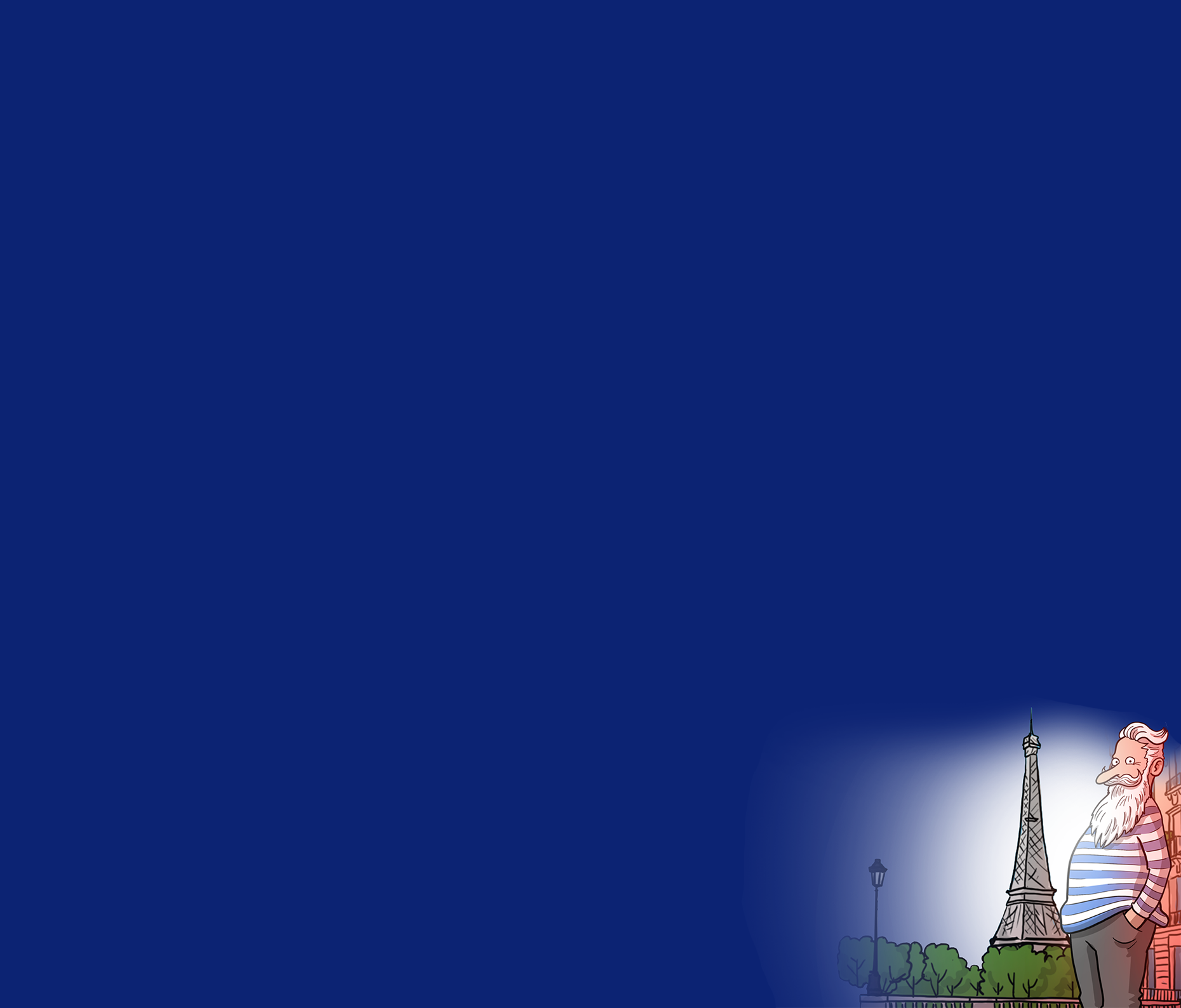The near future in the past
Reminder: the futur proche (called 'the near future' in English) is formed using the present tense of the verb aller + infinitive verb. It is used to describe actions that will happen very soon (like 'going to + infinitive').
Attention ! Le verre va tomber ! Watch out! The glass is going to fall!
Je vais rester à Paris pendant trois ou quatre ans. I'm going to stay in Paris for three or four years.
Je vais rester à Paris pendant trois ou quatre ans. I'm going to stay in Paris for three or four years.
When describing past events, we use the futur proche dans le passé (the near future in the past) to describe past events which haven't yet occurred at the time of the main action.
Je ne savais pas que tu allais dormir toute la journée. I didn't know you were going to sleep all day long. (“tu allais dormir” happened after “je ne savais pas”)
Marcel n’avait pas compris que nous allions rentrer à pied. Marcel didn't understand that we were going to walk back.
Marcel n’avait pas compris que nous allions rentrer à pied. Marcel didn't understand that we were going to walk back.
The futur proche dans le passé is formed with the verb aller in the imperfect tense aller, imparfait + the infinitive.
rester → nous allions rester we were going to stay
être → vous alliez être you were going to be
se marier → ils allaient se marier they were going to marry
être → vous alliez être you were going to be
se marier → ils allaient se marier they were going to marry
Note:
It's common to replace the futur proche dans le passé with a verb in the conditional.
It's common to replace the futur proche dans le passé with a verb in the conditional.
Victor avait dit qu’il allait m’appeler le lendemain. → Victor avait dit qu’il m’appellerait le lendemain. Victor said he was going to phone the next day → Victor said he would phone the next day.
Still having trouble with 'The near future in the past'? Master the rules of French grammar and improve your French level thanks to our online French lessons Frantastique. We're offering a 7-day free trial, so what are you waiting for?
What our users say:
Looking to improve French for beginners? Frantastique provides effective and fun training!
Tips for learning 'The near future in the past'? Share them with us!

